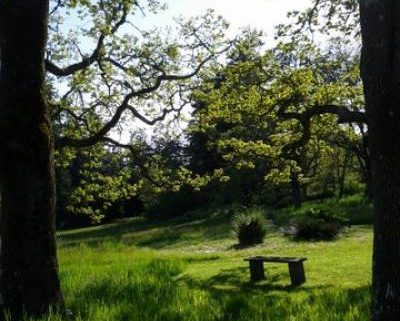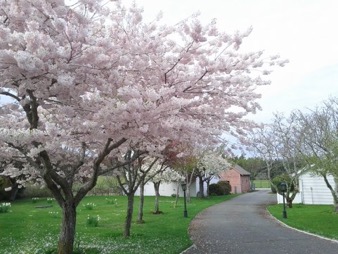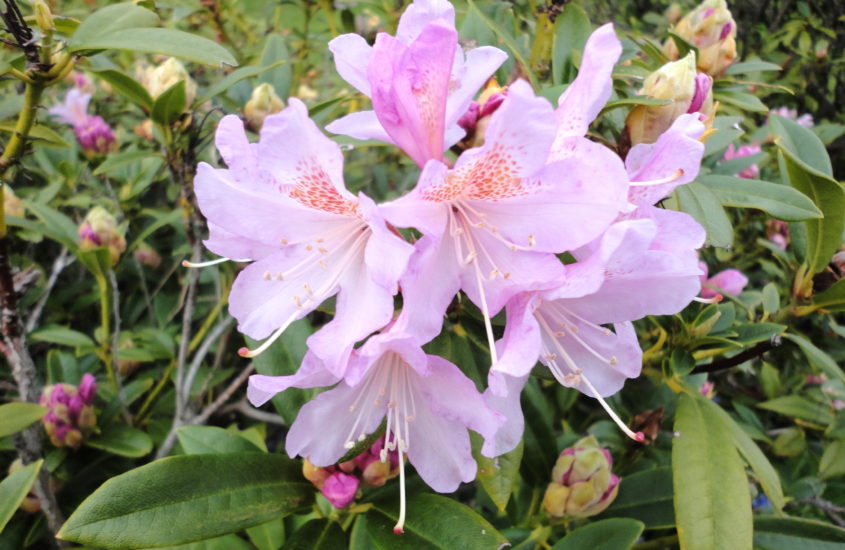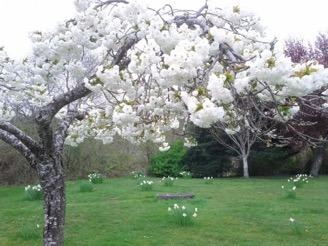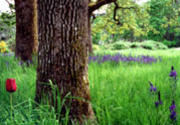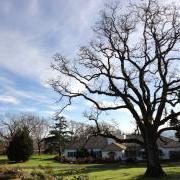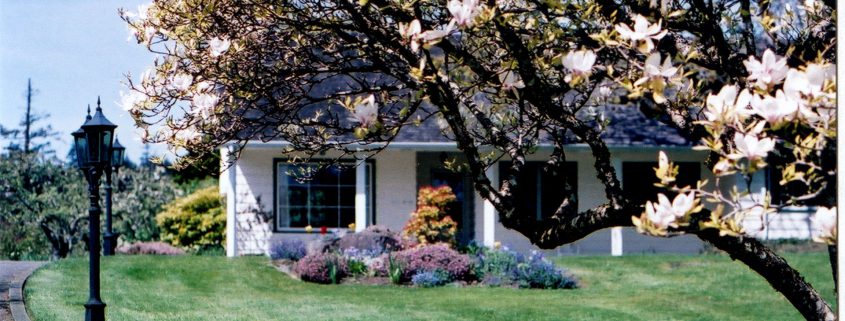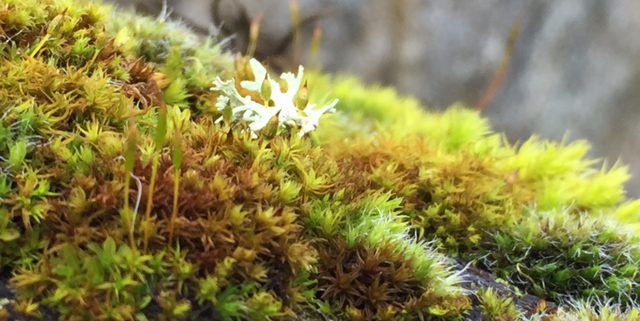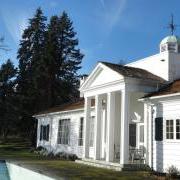Paul’s first visit to Victoria was warmly received by a very full room at the K centre. Of course his message was clear and direct, asking us to entertain the possibility that we are not our bodies or the sense of self that has been with many of us since early childhood, and that we also aren’t the ideas we have about ourselves – the projections into the future, or the recollections of the past.
What I loved, besides Paul’s absolute earnest and unabashed gritty sharing, is that he was able to break it down a bit further into a framework that seems obvious and immediate… within the field of experience right now. One of the key concepts he covered is the notion of ‘selfing’, what he describes as a verb – mimicking something defined/solid and absolute… Those in recovery circles know that the disease of addiction is closely related to chronic self-centredness…. Everything is perceived as to how it pertains to me. ‘Selfing’ is a misdirection of attention, intended to preserve the ego, the stories, and emphasising a sense of separateness.
Paul suggested that when people first notice selfing activity, they can make the common assumption that ‘I’ am selfing… I’m doing it. Later, with continued discovering, people can find their view opens to a larger field of possibility (much like an aperture on a camera can open wider). A growing conscious contact with ‘wholeness’ may reveal that “I’m not that”. I’m not this body, the mental activity, or that set of identities I’m wearing – the mother, the hard worker, the spiritual ‘attainer’… and if I’m not those ideas, what’s there? What’s prior to the sensations and coalescing concepts that seems like a self? The part that is central and continuous to all of the passing perceptions and beliefs is the seeing, the pure seeing – without identification as the ‘see-er’. At its core, Paul noted that our inner being is prior to all experience and beyond any description. There were times during the talk that from my own experience, this wholeness/vastness shone through the crowded room, the words and the wind outside. The exquisite stillness felt amplified in our gathering.
Paul did challenge us to consider that continued searching – for self-improvement, mystical experiences, spiritual attainment, even enlightenment – that these may actually reinforce the sense of a self… because our search is primarily based on the premise of ‘self’ getting something or somewhere. Of course there are many who will tell you otherwise, who offer ‘intensives’, retreats and satsangs. And Paul’s suggestion is that while many of these may be well-intentioned – even relaxing and nourishing to the body (who doesn’t love taking time out to recharge), if the assumption is that ‘you’ will get something, or that you will find a higher state, the effort will be futile and can often serve to strengthen the sense of identification as a self.
Krishnamurti also has commented on the notion of effort-based practices: “Is there a meditation that is not the ego trying to become? Is meditation conscious if every effort implies time?”
So what then?
A few years ago, while I was pondering with some anxiety, attendance of a thirty year high school reunion, some of this became clearer. Exploring this resistance, it became obvious that my resistance to going was very closely linked to a core fear of not being good enough, or not being seen as successful. When I looked a bit closer, I noted that all of the judgements that fellow alumni might have had about me had to be based solely on their ideas about who I was: fictions and projections at best. And anything that I would defend – my career status, my marital status, my weight, my looks – every single one of those were also purely concepts and ideas – mere representations of what identities I’ve adopted. I found myself laughing as I drove to work that morning – at the irony of thinking there was anything in my sense of self that wasn’t just an idea or thought. It was an initial opening of the aperture – so clear that there was nothing here to defend, uphold or promote! True being – is boundless and fearless.
Paul described with some modesty a simple sense he is travelling lighter with his seeing through the identification as a self. In part, that’s because there is less suffering if one is no longer identified with the stories and drama linked to being a ‘me’. There was a wonderful space imbued in this talk, and many great conversations in the corridors and coffee shop after the meeting with Paul… even hints of a future visit which I hope comes to fruition.

